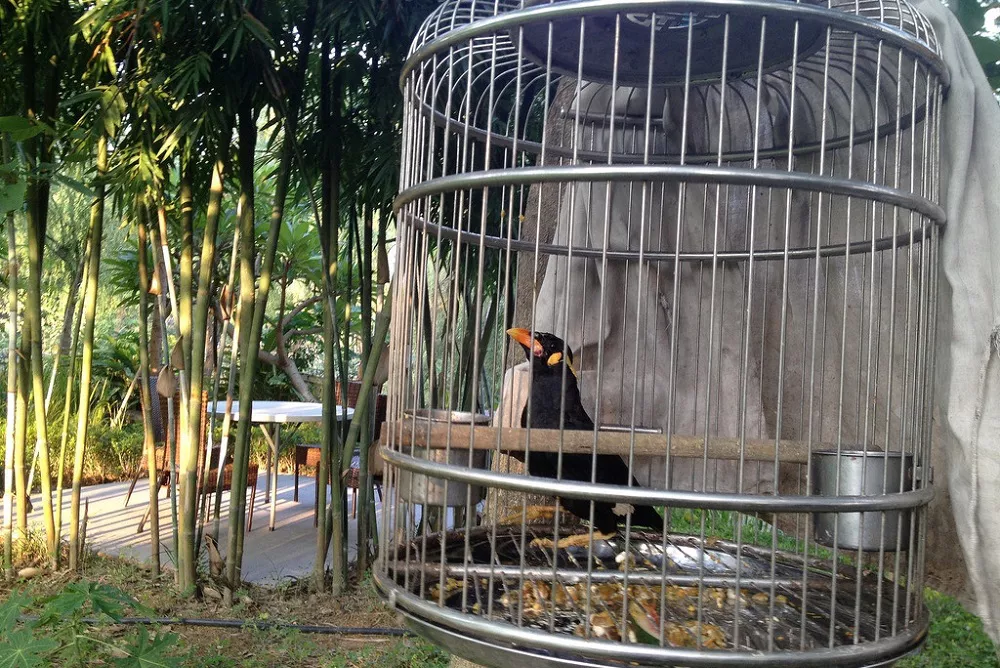Birds are fascinating creatures that require proper care and attention to thrive in captivity. One of the questions that many bird owners ask is whether or not they should cover their bird cage at night. The answer to this question depends on several factors, including the type of bird, its natural environment, and its personality.
In general, covering a bird’s cage at night can provide several benefits. For example, it can help to reduce the amount of light that enters the cage, creating a darker environment that can promote better sleep for the bird. Additionally, covering the cage can help to reduce noise and distractions that might otherwise disturb the bird during its sleeping hours.
However, it is essential to note that not all birds require or even benefit from having their cage covered at night. For example, birds that are active at night, such as owls and nightjars, do not require a dark environment to sleep. Similarly, birds that are native to regions with consistent levels of light throughout the day and night, such as parrots from tropical rainforests, may not need a completely dark environment to sleep.
When determining whether or not to cover a bird’s cage at night, it is important to consider the individual bird’s personality and behavior. Some birds may feel more comfortable and secure with a covered cage, while others may become anxious or stressed if they are unable to see their surroundings. Additionally, some birds may become agitated if they are suddenly covered, while others may be completely unfazed.
Another factor to consider when deciding whether or not to cover a bird’s cage at night is the temperature of the bird’s environment. If the bird’s cage is located in a drafty or cold area, covering the cage can help to keep the bird warm and cozy. However, if the cage is already located in a warm and comfortable area, covering the cage may cause the bird to overheat and become uncomfortable.
In conclusion, whether or not to cover a bird’s cage at night depends on the individual bird’s needs and behavior, as well as its natural environment. As a bird owner, it is essential to observe your bird’s behavior and consult with an avian veterinarian if you have any concerns about its sleep or overall health. By providing your bird with a safe, comfortable, and suitable sleeping environment, you can help to ensure that it thrives in captivity and enjoys a long and healthy life.


 Facebook
Facebook  Instagram
Instagram  Youtube
Youtube 